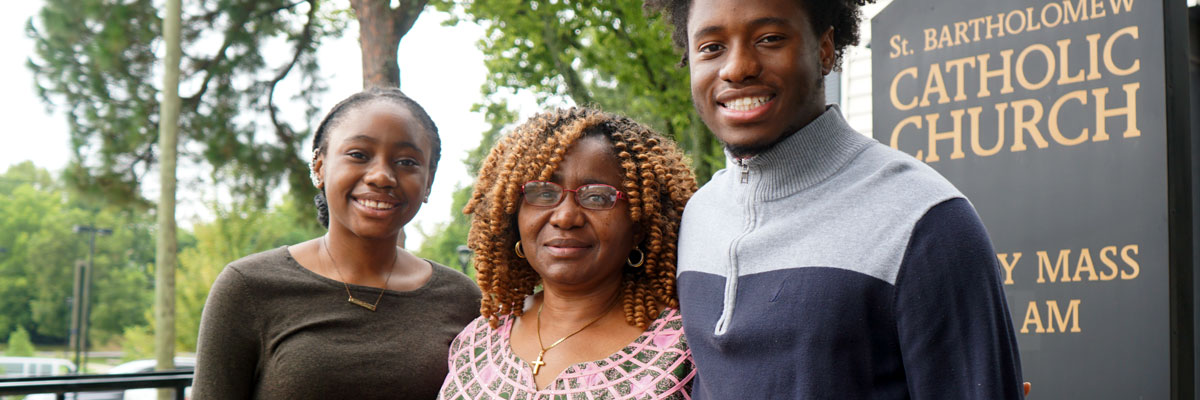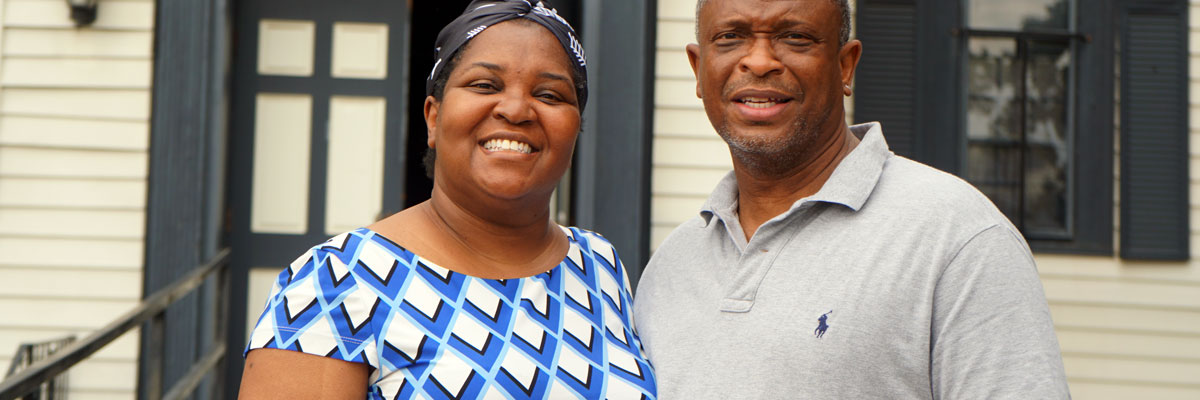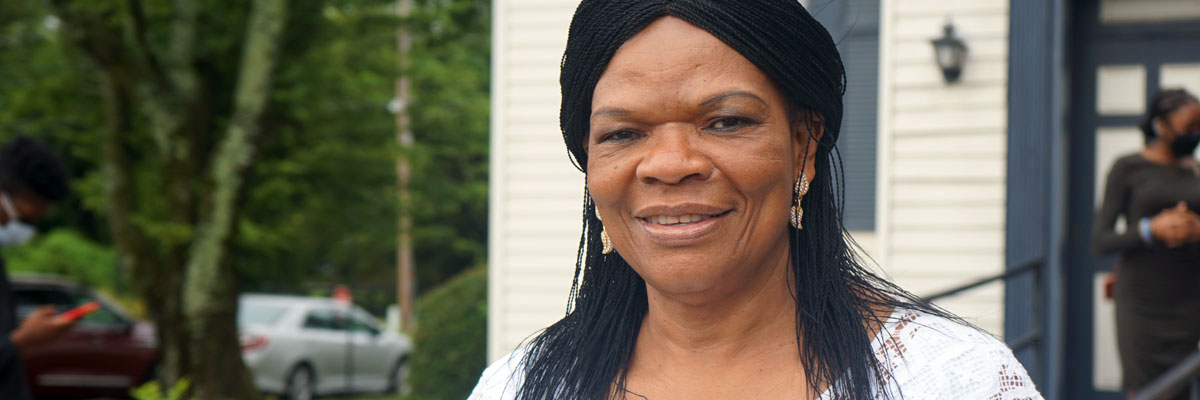Official Website of the
Catholic Diocese of Little Rock
Dr. Martin Luther King Jr. Memorial Mass 2024
Published: January 13, 2024
Bishop Anthony B. Taylor preached the following homily at the Cathedral of St. Andrew in Little Rock on Saturday, Jan. 13, 2024.

Bishop Taylor
Every child needs heroes and one of my greatest heroes is Dr. Martin Luther King, Jr. I regard him as one of the greatest Americans who ever lived, and all the more so these days when some in politics seem to be doing all in their power to fan the flames of racial division, nativist paranoia against immigrants and merciless rejection of refugees fleeing some of the most desperate situations you can imagine.
I remember the day he was killed. I was 14 years old. From him I learned that being a faithful Christian means more than just saying your prayers and trying to get your own soul into heaven. Rather, it means doing what Jesus did, working to build God’s kingdom of truth and justice already in some measure here and now in this world, and this includes defending human rights.
I learned this following his death from the television coverage of his life and legacy of non-violent resistance to evil, and soon his dream became my dream as well.
Fear and hopelessness lead to abortions to end inconvenient pregnancies and are performed on African American women far more frequently than on white women. Fear also leads to the application of the death penalty, which still today falls more heavily on African Americans and other people of color who languish in our prisons way out of proportion to their percentage of the general population.
The difference between a hero and any other important historical figure is the way that a hero’s courageous self-sacrifice inspires us to live up to the best that is in us, and that ability to inspire can become even more powerful with the passage of time. Dr. King’s ability to articulate his dream of what we Americans could and should be has changed our understanding of what it is to be an American more profoundly than most people realize — even today.
This is why it is so important that we gather today to rekindle hope and recapture the dream that Dr. King articulated so eloquently at the Lincoln Memorial 60 years ago when he said so famously: “I have a dream that my four little children will one day live in a nation where they will not be judged by the color of their skin but by the content of their character.”
I join you and a majority of Americans in rejoicing that such dreams really can come true, and that progress has been made, but we must not overlook the fact that much of Dr. King’s dream still remains unrealized for far too many people still trapped in lives of poverty and hopelessness: Dreaming alone does not make dreams come true.
Dr. King could never have known how his life and death started two 14 year old boys born six weeks apart down a path that would eventually lead them both to the priesthood — one living in a town in northern Oklahoma who would later be your bishop and the other in Conway, Arkansas, who would one day be the first African American ordained for the Diocese of Little Rock.
Nor would Dr. King ever know how his teaching regarding the defense of human rights of African Americans would inspire reflection on the human rights implications of other unjust situations, for instance on the topic of immigration today — some of whom, by the way, are immigrants from Africa.
But to return to my topic: Why does Dr. King’s dream continue to inspire us today? I think it is because his dream was that of Jesus Christ. Dr. King was not a politician, he was a prophet and more than a prophet, he was a man whose whole life was given over to the proclamation of the Gospel of Jesus Christ in its entirety.
Jesus was his greatest hero, along with Mahatma Gandhi. Jesus and Gandhi taught him non-violent resistance to evil and Jesus also taught him to trust in God even when there was a price to pay, even to the point of sacrificing his life, just like Jesus whose servant he was.
Dr. King’s attitude was captured very well in the responsorial psalm for this Mass: “Here I am Lord, I come to do your will,” and especially the last verse: “I announced your justice." "Your justice," not just Dr. King’s personal agenda. He was so effective because God’s truth was so evident in his words. “I have announced your justice in the vast assembly; I did not restrain my lips, as you, O Lord, know.”
And I ask you, what was the greatest obstacle that Dr. King had to overcome? It wasn’t hatefulness, as awful as that was and still is. The greatest obstacle was fear. Racism is rooted in fear, otherwise decent people kept silent out of fear. During the struggle for civil rights even some African Americans held back out of fear.
And what was Dr. King’s greatest weapon? Hope! Hope is stronger than fear and his dream was an expression of that hope. In today’s world fear still reigns in many quarters. People in public life fear character assassination via Twitter (now X) so they remain silent when obvious evil should be confronted in no uncertain terms.
Fear and hopelessness lead to abortions to end inconvenient pregnancies and are performed on African American women far more frequently than on white women. Fear also leads to the application of the death penalty, which still today falls more heavily on African Americans and other people of color who languish in our prisons way out of proportion to their percentage of the general population.
Fear leads to almost any evil or injustice you can think of — euthanasia in some states, mistreatment of immigrants, and as we have seen so much in the news, problematic encounters with law enforcement. Out of fear we forget that we are all brothers and sisters, and that life is sacred.
If life isn’t sacred, why bother to make sacrifices to do the right thing? Who cares? We care because life is sacred and that’s also why we don’t give up hope. So if we still share that dream and if we want that dream to stay alive, then in the words of today’s responsorial psalm, we must not “restrain our lips” either, especially when human rights and human dignity are violated, no matter who the victim and no matter what the source of that threat.
And isn’t that Dr. King’s legacy? Isn’t that his dream? Of course it is. Just ask Jesus himself, the source of the dream.







